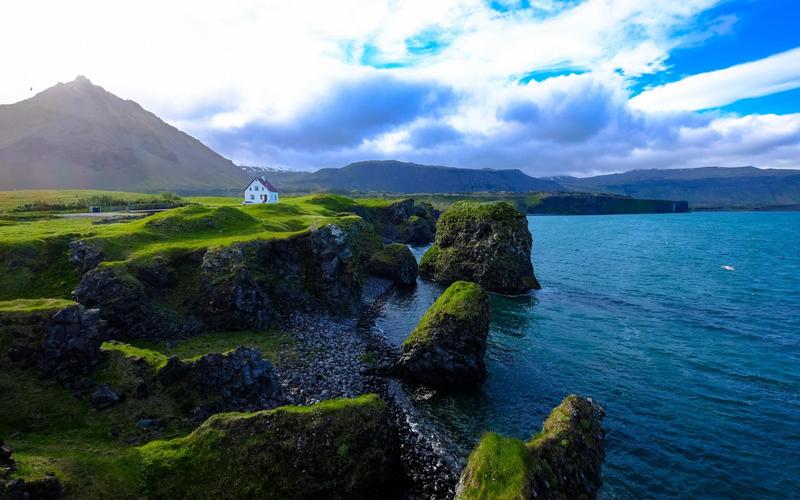Exploring the Impact of Popular Culture on Year 10 History
Popular culture has become an inseparable part of our daily lives, influencing our thoughts, beliefs, and actions. From music to movies, social media to online gaming, popular culture has a profound impact on how we perceive the world around us. This is particularly evident in the realm of education, where popular culture has played a significant role in shaping the curriculum and engaging students in learning. In this article, we will explore the impact of popular culture on Year 10 History, and how it can be used as a powerful tool for education.
The Role of Popular Culture in History Education
History is a subject that is often perceived as dull and uninteresting, with students struggling to retain the facts and figures of past events. Popular culture provides a unique opportunity to engage students in history education, by bringing to life the events, people, and places that existed in the past. Historical movies, TV shows, and documentaries, for example, can provide students with a visual representation of past events, allowing them to better understand the context and significance of historical events.
Similarly, music is another powerful tool that can be used to teach history. Songs have been written about historical events, figures, and places, providing a tangible connection between the present and the past. This can be a valuable learning experience for students, as it allows them to explore different perspectives, emotions, and attitudes towards historical events.
The Benefits of Using Popular Culture in Year 10 History
Using popular culture in Year 10 History can provide significant benefits for students. Firstly, it can make history education more engaging and relevant to the interests and experiences of today’s students. By using popular culture as a tool for learning, students are more likely to stay focused and interested in the subject matter, which can lead to better academic performance.
Secondly, using popular culture in history education can help to broaden students’ knowledge and understanding of the past. By exploring different forms of popular culture, such as movies, music, and social media, students can gain a more comprehensive understanding of historical events and the way they have been perceived over time.
Finally, using popular culture in history education can help to develop critical thinking and analytical skills. By analyzing and interpreting popular culture artifacts, such as movies or songs, students can gain a deeper understanding of the way historical events have been portrayed and how this has influenced public opinion.
Conclusion
In conclusion, exploring the impact of popular culture on Year 10 History reveals how it can be an effective tool for education. Popular culture offers a unique opportunity to engage students in learning, by bringing history to life through visual and auditory means. Using popular culture in Year 10 History can broaden students’ understanding of the past, promote critical thinking and analytical skills, and make history education more interesting and relevant to today’s students.
(Note: Do you have knowledge or insights to share? Unlock new opportunities and expand your reach by joining our authors team. Click Registration to join us and share your expertise with our readers.)
Speech tips:
Please note that any statements involving politics will not be approved.
